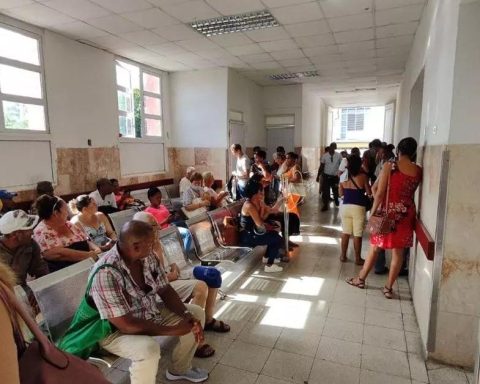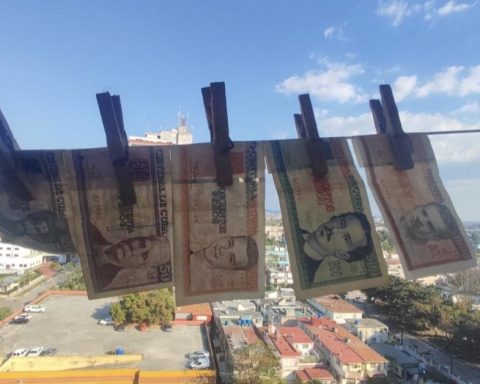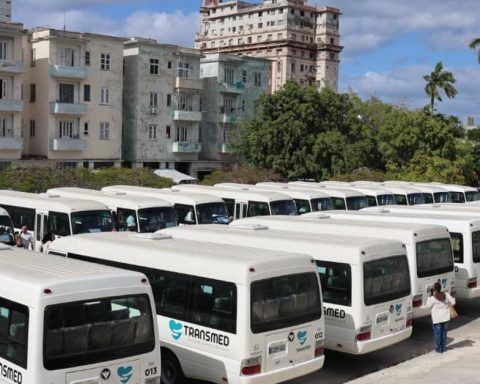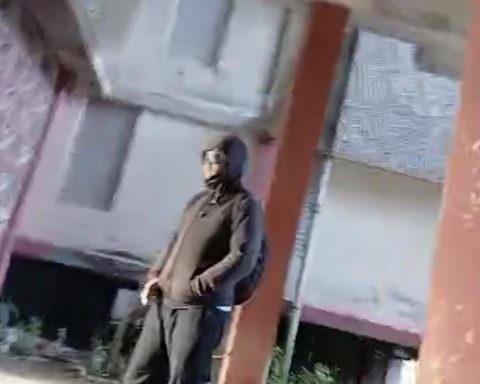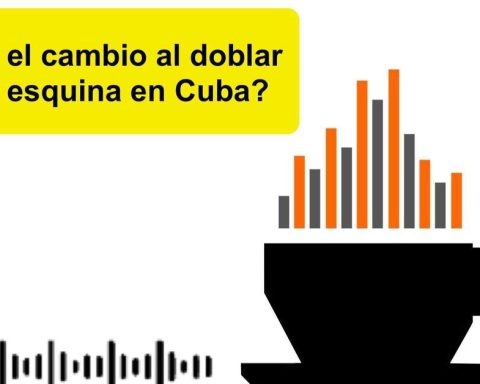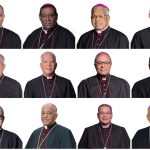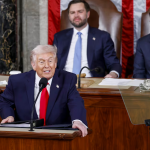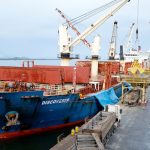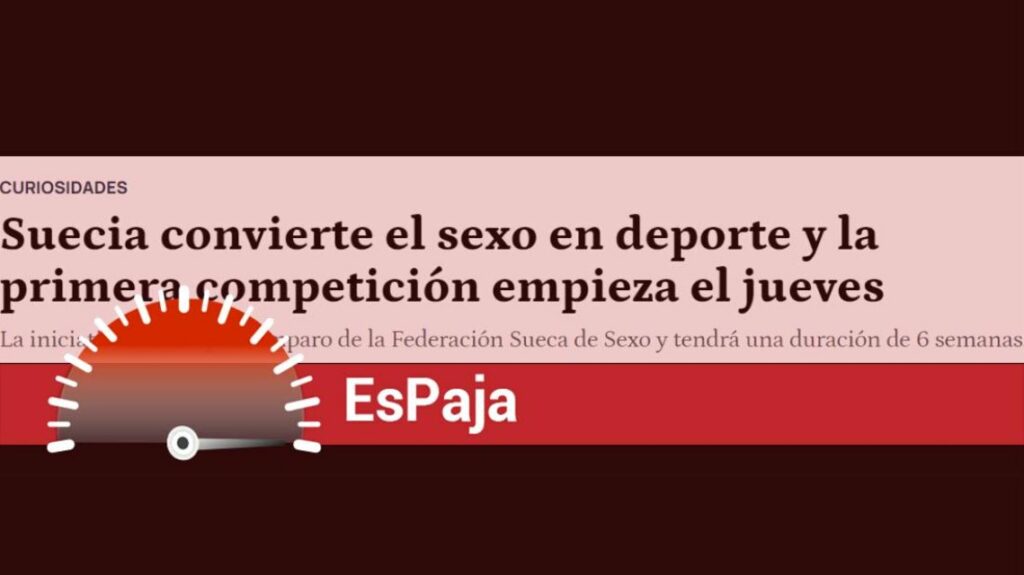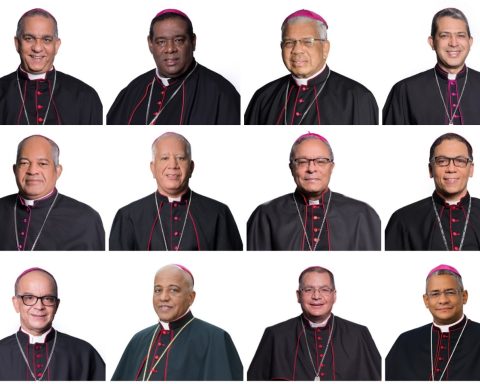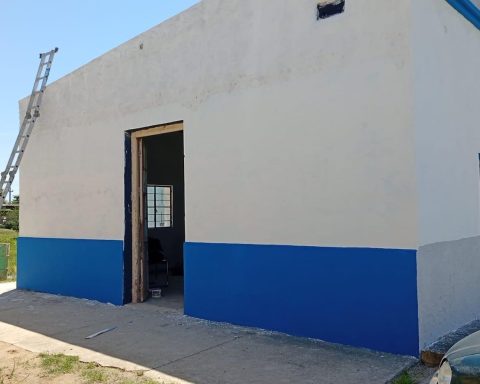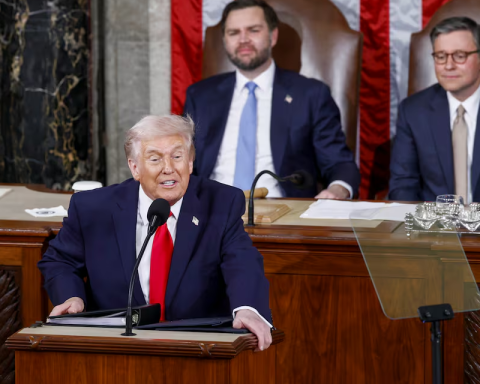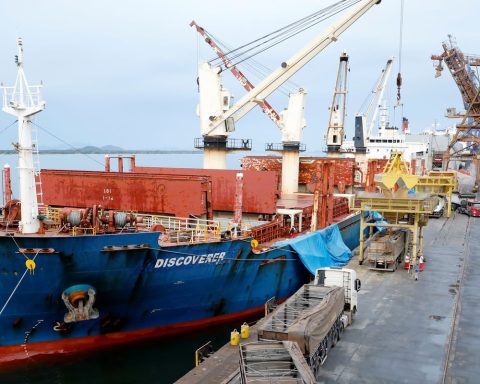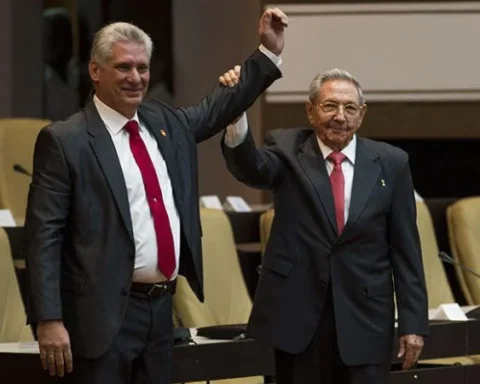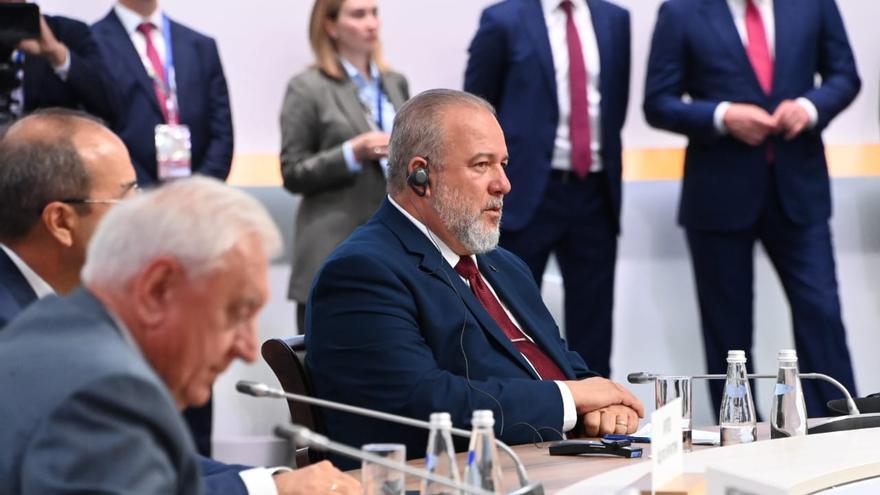
(EFE)
This week Cuban Prime Minister Manuel Marrero is in Russia for the Eurasian Intergovernmental Council and the St. Petersburg International Economic Forum, while the opposition warns of a new “Russification.”
The visit, the last after those of several ministers and President Miguel Díaz-Canel himself last November, comes shortly after Havana announced preferential treatment for Russian investors, from transfers of agricultural land in usufruct for 30 years to exemptions prosecutors.
“After the pandemic, the tightening of sanctions and the failure of reforms, Cuba has been left economically and financially isolated. Russia can be an alternative”
These measures completed a barrage of announcements – including the entry of three Russian banks and the ruble on the island – and the presentation of a reform package by the Stolypin Institute to liberalize the Cuban economy.
Experts consulted by EFE believe that this movement can be understood to a certain extent out of necessity, due to the serious economic crisis that Cuba has been facing for more than two years.
“After the pandemic, the tightening of sanctions and the failure of reforms, Cuba has been left economically and financially isolated. Russia can be an alternative to achieve some kind of international reintegration,” says Cuban economist Pavel Vidal, a professor at Javeriana University of Cali (Colombia).
The Cuban economist Tamarys Bahamonde, a doctoral candidate in Public Policy and Public Administration at the University of Delaware, also alludes to the “preferential treatment” of the past and the lack of indications that Washington is going to change its policy towards the Island: “To Cuba has no choice but to look at the Asian partners and Russia.”
However, Vidal stresses that, for this rapprochement to prosper, “it is necessary to find mutually beneficial economic interests”, something that “is not yet clear”. The great Cuban bet is tourism, he adds, although the sector has not yet taken off after covid-19 and Russia is far away.
“For greater integration between the two economies, it is necessary to find something that is of value to the market and Russian businessmen,” explains Vidal, who recalls that Russian capitalists seek to “maximize their profits and minimize risk” and must “perceive” that they can do it.
Vidal recalls that Russian capitalists seek to “maximize their profits and minimize risk” and must “perceive” that they can achieve it
Is not easy. Due in part to negative experiences in “the recent past,” the Cuban government now “has to do much more to convince investors” that “they are really going to find a market with opportunities and with institutions and a regulatory framework that guarantees and allows capital to be profitable”.
Regarding the specific announcements, Bahamonde indicates that the use of the ruble on the Island could have some repercussion if this currency were used “massively” in international transactions, but it is not. Vidal considers that its application in Cuba will not go beyond being something “marginal”.
“It remains to be seen if the Russians can convince the Cuban government to give the private sector more space and move forward with a deeper transition from the Soviet-style economic model. The Russians are well aware of the deficiencies of this model and have experiences in a transition that did not It went well, and from which there would also be things to learn. If they succeed, even coming from the Russians, it would be an important contribution”, considers Vidal.
Bahamonde believes that Russia is the “wrong” partner as a model of economic transformation and assures that Cuba does not need economic policy recommendations from foreign experts, because its own national experts have already made them decades ago. The problem, he regrets, is that in the Cuban government there is a lot of “resistance to change.”
“What is needed are not new recommendations, but the political will to do what has to be done” to “implement the changes that have been recommended to it for many years,” says this economist, who stresses that the changes must include to “political institutions”.
In this attempt to relaunch bilateral relations, Bahamonde perceives geopolitical interests beyond merely economic ones. “All empires have their interests” and Russia is no exception, he remarks.
University professor Michael Bustamente, specialized in Cuban and Cuban-American studies at the University of Miami, takes the same position: “In the absence of other options, of other partners, and, above all, in the absence of a different policy on the part of United States, Cuba is opting for a further intensification of its relations with Russia and is trying to get what benefits it can.”
“In the absence of other options, of other partners, and, above all, in the absence of a different policy on the part of the United States, Cuba is opting for a new intensification of its relations with Russia”
For Moscow, he continues, “Cuba is, as it has been since the 1960s, a token on the geopolitical chessboard.” He speculates that the Kremlin could see its relationship with Havana as a kind of “counterweight” to Washington’s “interference” in Eastern Europe during the war in Ukraine.
Havana, for its part, could be seeking to “indirectly put pressure” on the United States to change its policy toward the island, Bustamante says, though he cautions that such a move would be counterproductive.
“I know that Washington is concerned,” says Bustamante, but he doubts that they will encourage a change in US policy toward Cuba, because he senses a “lack of willingness” in the Democratic administration.
Bustamante is struck by the fact that these movements by Cuba have not received a response from the European Union (EU), which in addition to being the island’s first trading partner is in one of its biggest political crises with Moscow over the Russian invasion of Ukraine.
“I am surprised that Cuba is not taking care of its relationship with Europe a little more. It will be interesting to see to what extent Cuba can balance this new intensification of its relationship with Russia with a relationship with Europe that continues to be crucial and strategic for the Cuban economy. There is a fairly large tension and contradiction there, and there are risks for Cuba,” he says.
________________________
Collaborate with our work:
The team of 14ymedio He is committed to doing serious journalism that reflects the reality of deep Cuba. Thank you for accompanying us on this long road. We invite you to continue supporting us, but this time becoming a member of our newspaper. Together we can continue transforming journalism in Cuba.
